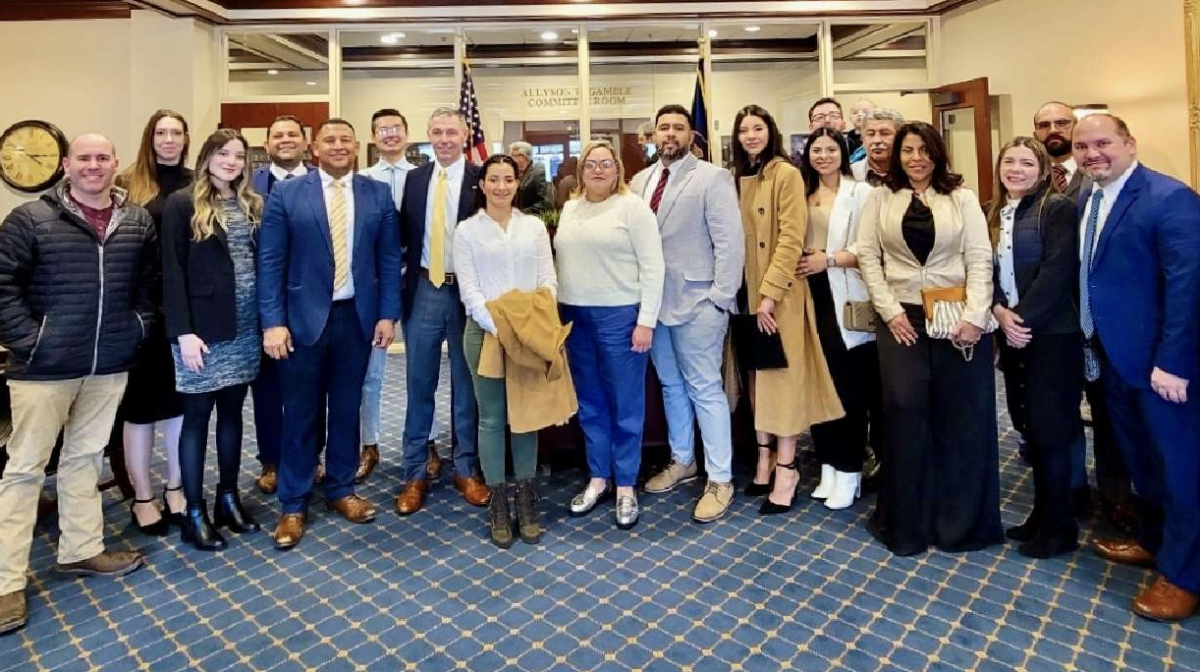By Tim Vandenack, KSL.com | Posted – Feb. 3, 2024 at 9:14 p.m.
SALT LAKE CITY — Living in Cuba, says Gabriela Puckett, was anything but idyllic.
Now living in Orem, some people remark enthusiastically about the beaches and sun when she tells them she’s from the Caribbean island nation. Her memories, though, are of scarce food, government control and limited professional opportunities.
She ultimately fled the communist nation and is now part of a contingent of immigrants in Utah, most from Latin America, pushing a message bill in the Utah Legislature calling for the condemnation of socialism and communism.
“It’s like a cancer that’s spreading all over the country,” Puckett, a naturalized U.S. citizen, told KSL.com. “We need to teach children and young people about communism, the reality, the truth.”
The aim of SJR5, she and others behind the measure say, is to shed light on what they believe to be a slow creep toward socialism in the United States and to stop it. Sen. Michael Kennedy, R-Alpine, is the sponsor, and the resolution received a favorable recommendation in a 3-1 vote of the Senate Judiciary, Law Enforcement and Criminal Justice Committee last week.
Carlos Moreno, originally from Venezuela and now living in West Jordan, reached out to Kennedy to get the bill on the lawmaker’s radar screen. In Venezuela under the late socialist President Hugo Chavez, Moreno said, guns were taken from private residents and school curriculum was changed to reflect socialist values. Cuban revolutionaries like Ernesto “Che” Guevara and Fidel Castro were put forward to kids as heroic examples to emulate. President Nicolás Maduro now leads Venezuela, following the footsteps of Chavez.
“When you escape from that type of regime, you don’t want to see it in your new home,” said Moreno, a naturalized U.S. citizen running as a Republican for the District 2 seat on the Salt Lake County Council. The other hopefuls for the seat, now held by Republican Dave Alvord who’s not running again, are Republican Daniel Thatcher and Democrat Katie Olson.
After coming to Utah as a student in 2009, Moreno said, he created a student group challenging changes implemented by Venezuela that impacted the finances of students abroad, incurring the wrath of the government. “Overnight, I became an enemy of the state and I had to apply for political asylum,” said Moreno, who, like Puckett, testified on behalf of SJR5 at last week’s committee hearing.
SJR5 doesn’t call for any specific action — it has no teeth. It reads as a statement of resolve by the Utah Legislature that the body “celebrates the enduring principles of the United States Constitution, reaffirms our commitment to the free market system and condemns the destructive and oppressive nature of socialism and communism.”
But it reflects the concerns of some immigrant newcomers about what’s happening around the world and their contentions that socialism is gaining a foothold in the state. Among other things, Moreno pointed to the creation of a Salt Lake branch of the Party for Socialism and Liberation, which espouses “the socialist transformation of society,” and, on a larger scale, moves toward socialism in Latin America.
“Socialism doesn’t come overnight. It’s a process like what happened in Venezuela,” said Moreno, who runs an energy consulting firm.
Venezuela and Cuba may be the most overt countries in their embrace of socialism and communism, but Moreno said other nations in the region are making incremental policy changes in the same direction. In fact, other backers of the push for SJR5, he said, include immigrants, asylum seekers and naturalized citizens originally from Paraguay, Chile, Mexico and Nicaragua.
Alvin Guo, originally from China but now living in Provo and studying at Brigham Young University, is also involved in the effort. He spoke at the committee hearing of repression by the Chinese government against Christians — burning of crosses, jailing of people for showing the Bible — and Uyghurs, among other things. “Communists are the biggest adversity for humankind and the (Chinese Communist Party) is the alpha wolf of the global threat to America,” he said.
An anti-communist message may resonate strongly in a conservative place like Utah. Kennedy, the resolution sponsor, said the measure “is vital in protecting the American dream and ensuring that our nation remains a symbol of freedom and opportunity for all.”
But Utah Sen. Luz Escamilla, D-Salt Lake City, voiced reservations about SJR5 during the committee hearing, ultimately voting against recommending approval of the measure. She subsequently proposed a substitute version of SJR5, expanding its condemnation beyond communism and socialism to “all oppressive forms of government.” Her proposal also fine-tunes some of the criticism the measure aims at communism and socialism.
She doesn’t support communism or socialism, she said, but questioned the timing of the measure, drawing parallels to the recent legislative debate about HB261 and overhauling diversity, equity and inclusion programs at universities. That contentious measure, signed into law by Gov. Spencer Cox on Tuesday, espouses academic freedom on college campuses and prohibits discrimination.
“I do have a lot of concerns just on the timing and as we are evolving on some of these difficult conversations. Like I said, I certainly agree in concept with some of these pieces. But It’s when they connect to everything else that is happening … that’s hurting many members of our community that I do have a big hesitation,” she said.
Puckett, meantime, touted the import of pushing back hard against communism, alluding to the toll it takes on the people of Cuba.
“We don’t want people to lose the hope like in Cuba,” she said. “They don’t even dream. … The only dream in Cuba is to leave Cuba because you’re not living.”

